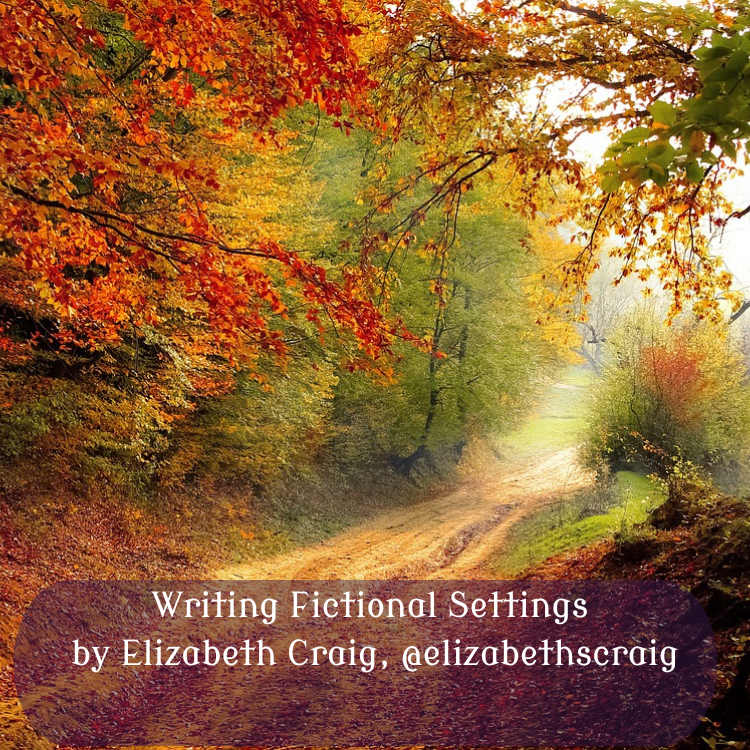by Elizabeth S. Craig, @elizabethscraig
When I was starting to write my Memphis BBQ series in about 2009 (assigned as a writer-for-hire for Penguin), I packed up and my husband and two young kids went to Memphis. I needed to get the lay of the land, and I was getting an incomplete picture of the city from the internet. There I toured the restaurants, listened to the music on Beale Street, and took in the sights. The last thing I wanted to do was make any mistakes and hear back from readers who were more familiar with Memphis than I was. It worked out well, and I didn’t get any negative feedback.
After that, though, I doubled down on writing fictional settings. My next series was the quilting series, also with Penguin (before the merger with Random House). The publisher wasn’t keen, this time, on me having a series of murders in a real town in the NC mountains. So Dappled Hills came to be. Then Whitby, then Sunset Ridge. I already had Bradley.
In some ways, using a fictional setting is a lot easier than using a real-life one. In some ways, it’s harder. You have to keep track of where everything is in your fictional town. I understand there are apps that can create maps for you, if you like that approach. But there’s definitely another way: base your towns on places you actually know.
The town I grew up in is a lot like Bradley, NC . . . right down to the duck pond. The downtown of Dappled Hills is very similar to a mountain vacation town I know of. It helps keep me straight, without worrying about the accuracy needed for a real town.
Consistency is important, whether it’s a real town or a made-up one. And basing the town on something you know well can really help.
Are the towns in your books real or fictional? What tips can you add?
Writing Fictional Settings: Share on X

Set on other planets, yes, very fictional! But I did live in a desert town as a kid, so setting a city in a desert was easy.
Your background can inspire lots of different settings!
It's funny you'd mention both having fictional settings, and having real ones. One of my series is a fictional setting, and yes, in many ways, it's easier than a real one. BUT….you still have to make things logical and believable. I've found it helps to remember what the town looks like, and keep track of things like names of restaurants, street names if you use them, and so on. It also helps to place the fictional town in a part of the country that you know well, so things like weather, local culture, and so on are believable.
The other series I have takes place in a real town, and I am forever looking at online maps and weather reports, names of streets and other places, and so on. It takes effort to make it all credible.
Very good point about things like weather in the fictional town! Much easier if you set the town in a region you’re very familiar with.
I started using real towns – ones I had been to. For my paranormal series though, they were all fictional but based on other towns in the area.
Basing them on other towns can really help!